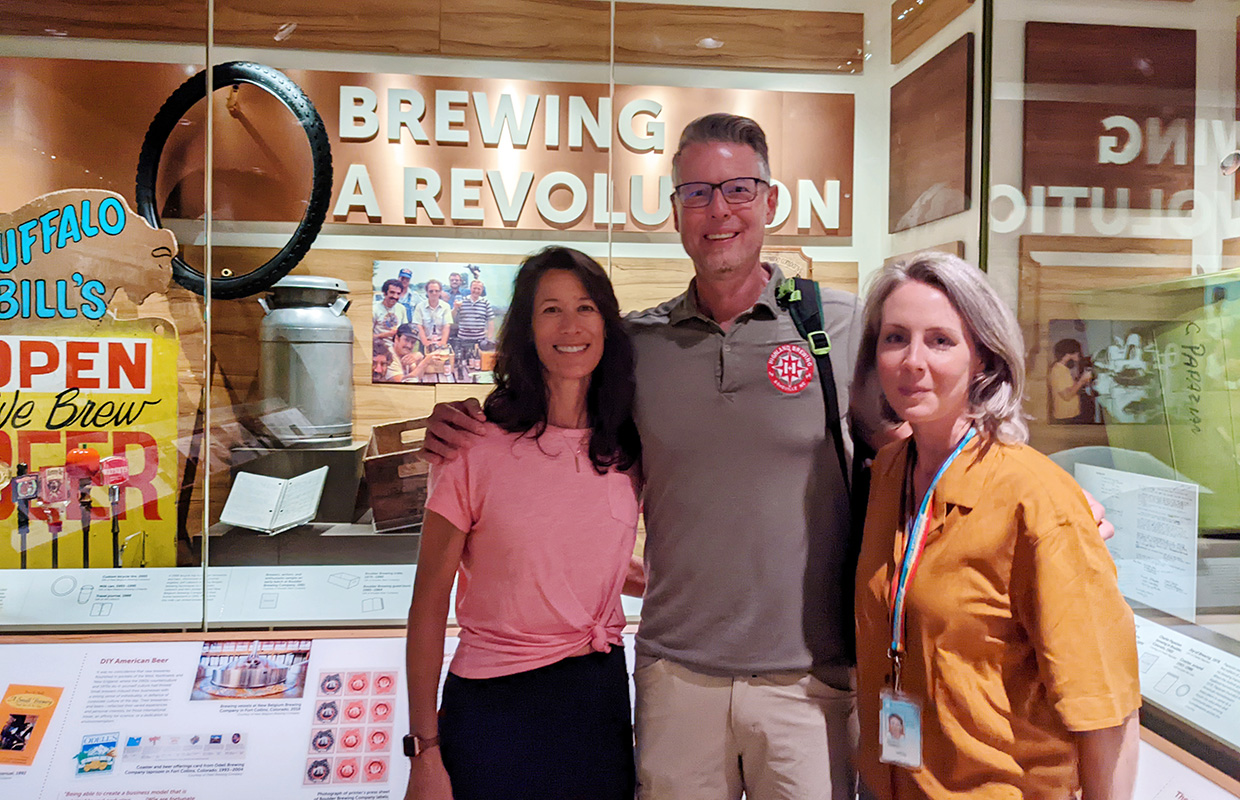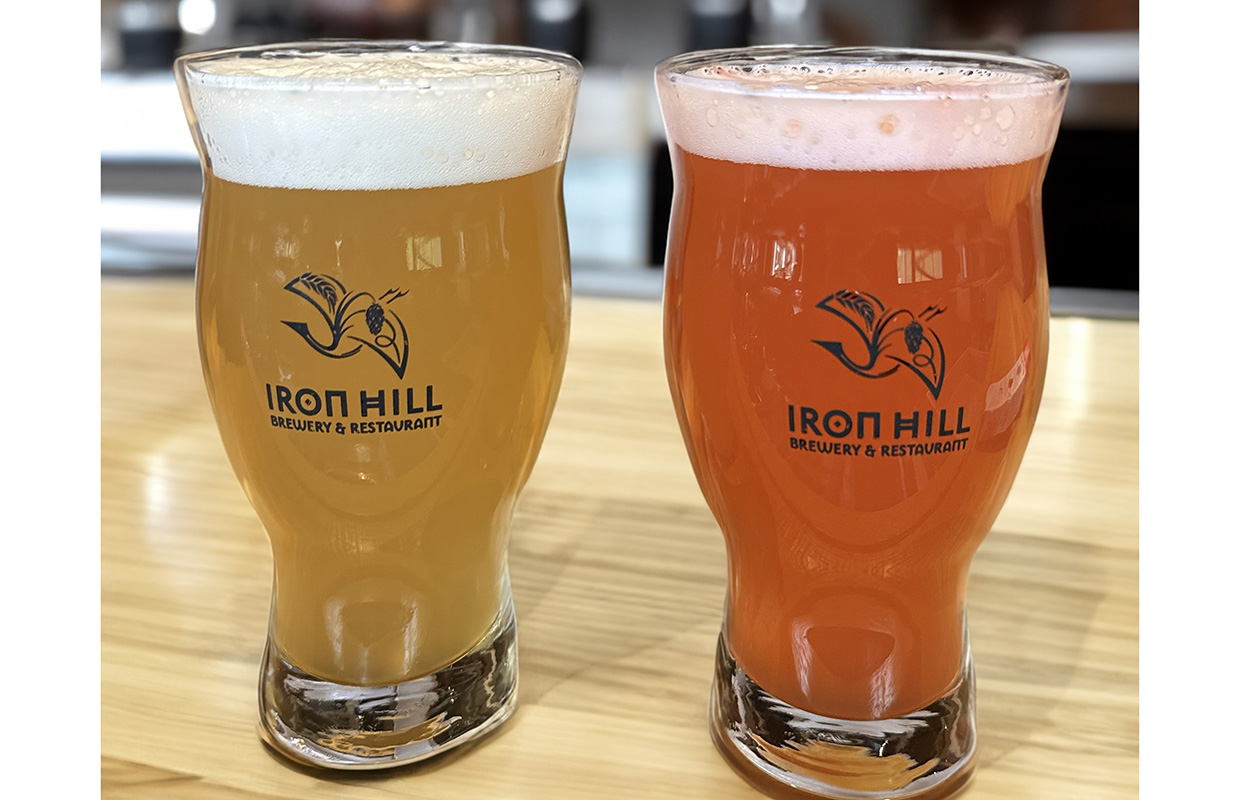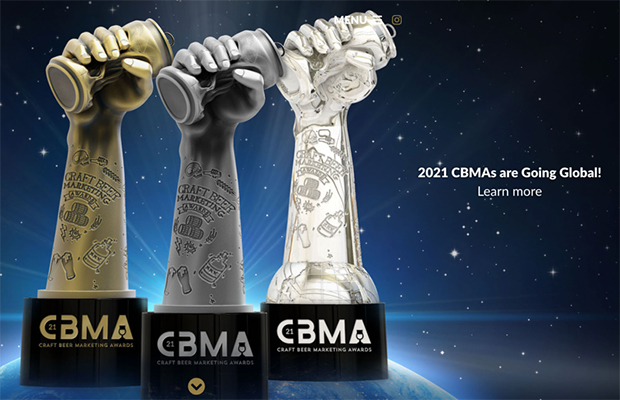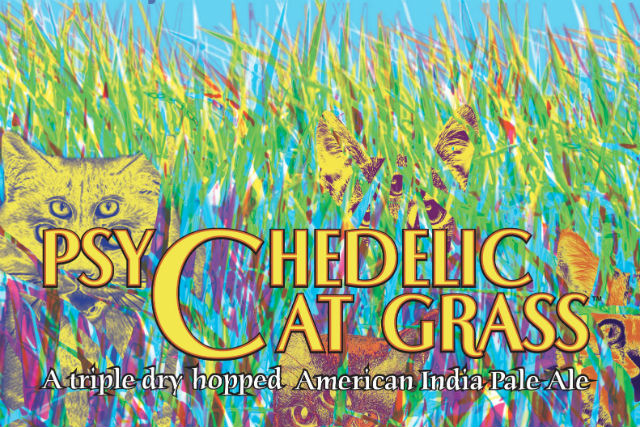
Highland Brewing Company is pleased to donate a collection of COVID-Era artifacts to the permanent collection of The Smithsonian’s National Museum of American History in Washington D.C. The museum is collecting items from communities, businesses, and individuals across the country to document how the U.S. coped with the global pandemic.
These items are being collected to not only authenticate and detail the scientific events that grappled our country, but also to evidence the responses from businesses and communities within the museum’s curatorial units. Highland was one of several breweries from across the country invited to contribute objects from the pandemic to showcase how the beer industry adapted.
Theresa McCulla, Curator of the American Brewing History Initiative at the museum, said, “We are delighted to accept the donation of these artifacts from Highland Brewing Company to the museum’s collections.”
The artifacts included Highland’s taproom signage indicating public health measures, a cloth face mask sewn from a Highland branded bandana, a colorful floor sticker guiding taproom guests to maintain a safe social distance, and a single-use paper menu. The brewery also submitted Rising Haze IPA packaging and sample cans to showcase a beer released virtually in the height of the pandemic.
“Highland’s taproom was closed due to the pandemic in spring of 2020, so Rising Haze was Highland’s first virtual and package-only beer release,” said Leah Ashburn, Highland Brewing Company family-owner and president. “Rising Haze IPA’s name drew inspiration from the misty mornings we have here in the Blue Ridge Mountains, but the name gained new meaning for us in 2020 as we all felt the need to rise out of the haze of the pandemic.”
Highland’s beer portfolio has continued to evolve since 2020. Rising Haze IPA was replaced by Hazy Heights IPA in the brewery’s year-round portfolio in the summer of 2022.
Highland’s items help to record historically how the brewery, like many other food and beverage businesses, pivoted business models, and best practices to continue serving their communities considering the constraints of the pandemic.
McCulla concluded, “Together, this collection of artifacts from Highland provides valuable, beautiful documentation of an era of unprecedented challenge and resilience within the American brewing industry and our larger society.”
To see images of the collection of Highland artifacts, click here.




Be the first to comment